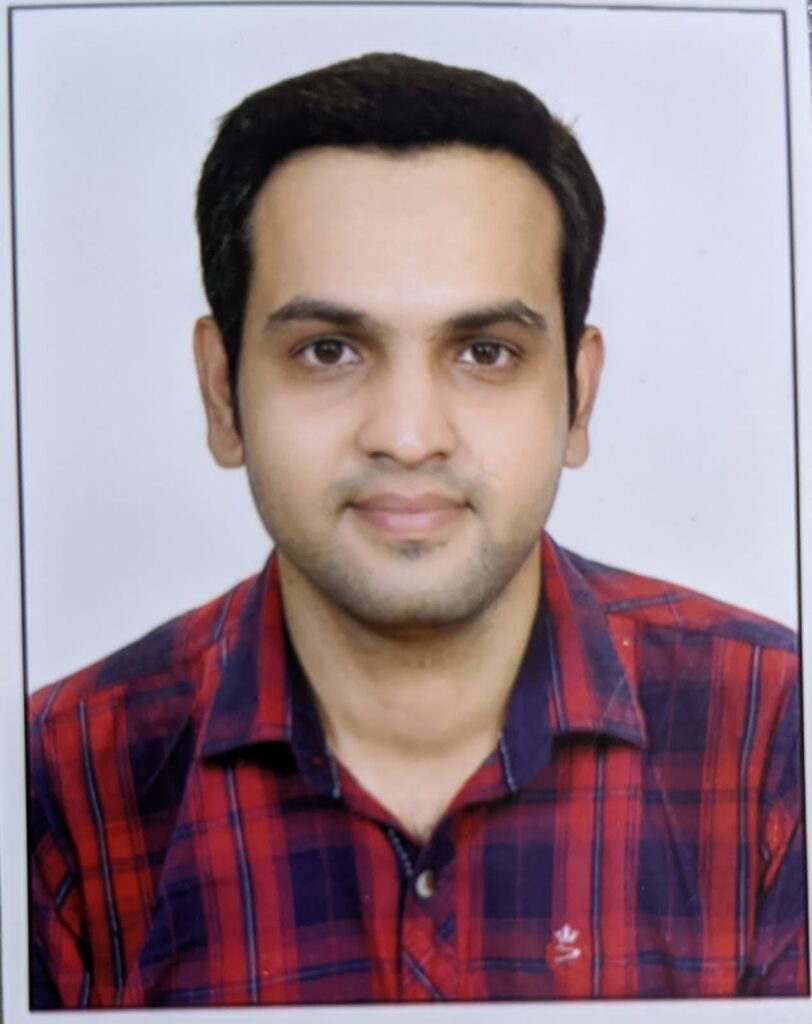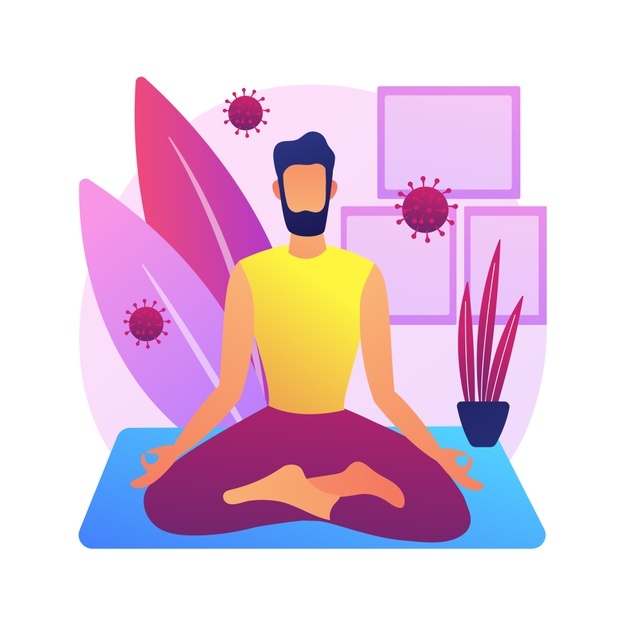Volume 11 Issue 7 July, 2021
Transcultural Psychiatry
Yoga is an ancient Indian spiritual discipline based on an immensely subtle science, which focuses on establishing harmony between mind and body. Breathing is considered to be an essential component of yogic practices. Pranayama isthe fourth limb of Ashtanga yoga which mainly deals with breathing. Prana means life force, and ayama means extending or stretching. Thus, the word Pranayama translates to the control of life force. It is also known as the modulation of breath. It involves controlling the rate, depth and way of breathing to achieve specific physiological effects. Most of the Yogic practices require steady and effortless posture and calm breathing. Research studies have shown slow and deep breathing yogic practices have shown to cause decreased oxygen consumption, reduced heart rate, and reduced blood pressure and increased parasympathetic activity or relaxation [1].
मनो यत्र विलीयेत पवनस्तत्र लीयते।
पवनो लीयते यत्र मनस्तत्र विलीयते॥
Hatha Yoga Pradipika – 4.23
It means, Breathing is lessened when the mind becomes absorbed, and the mind becomes absorbed when breath (Pavana) is controlled and calmed.
Various slow breathing practices are mentioned in multiple Yogic texts such as Nadi shodhana, Surya bhedana, Chandra bhedhana, Ujjayi, Sheetali, Brahmari etc. In each Pranayama, one has to go through four distinct stages of breathing, which together complete one cycle. 1. Puraka (Inhalation); 2. Kumbhaka (Retention); 3. Rechaka (Exhalation); 4. Bahya Kumbhaka (Suspension). These stages are modified and individualized as per the health and lung capacity of the practitioner. Therefore it is advised to learn Pranayama under expert guidance to understand its subtle aspects.
The Covid-19 pandemic and the uncertainty around it have brought the need for physical and mental well-being to the forefront. We have had to adjust to an entirely different style of living, working and socializing. With daily routines disrupted, it is natural for anxiety, stress, exhaustion, and other issues to affect us. Yoga practice, especially slow breathing, reduces anxiety and stress and thereby positively impacts immunity. Consequently, there is a spurt in social media, catering to Yoga practice sessions that provide accessible means to achieve physical and mental well-being.
A verse from ancient Yogic text Hatha Yoga pradipika reminds us about certain aspects of Yoga practice which must be kept in mind during this pandemic situation:
Hatha Yoga Pradipika – 1.16
It means enthusiasm, openness, courage, knowledge of the truth, determination, and solitude. When Yoga is practiced with these principles it becomes successful.
So let us keep up our enthusiasm, openness, courage, determination and practice Yoga in solitude or smaller groups with all Covid precautions, under proper guidance and achieve optimal physical and mental health and well-being.

AIIMS, Raipur


